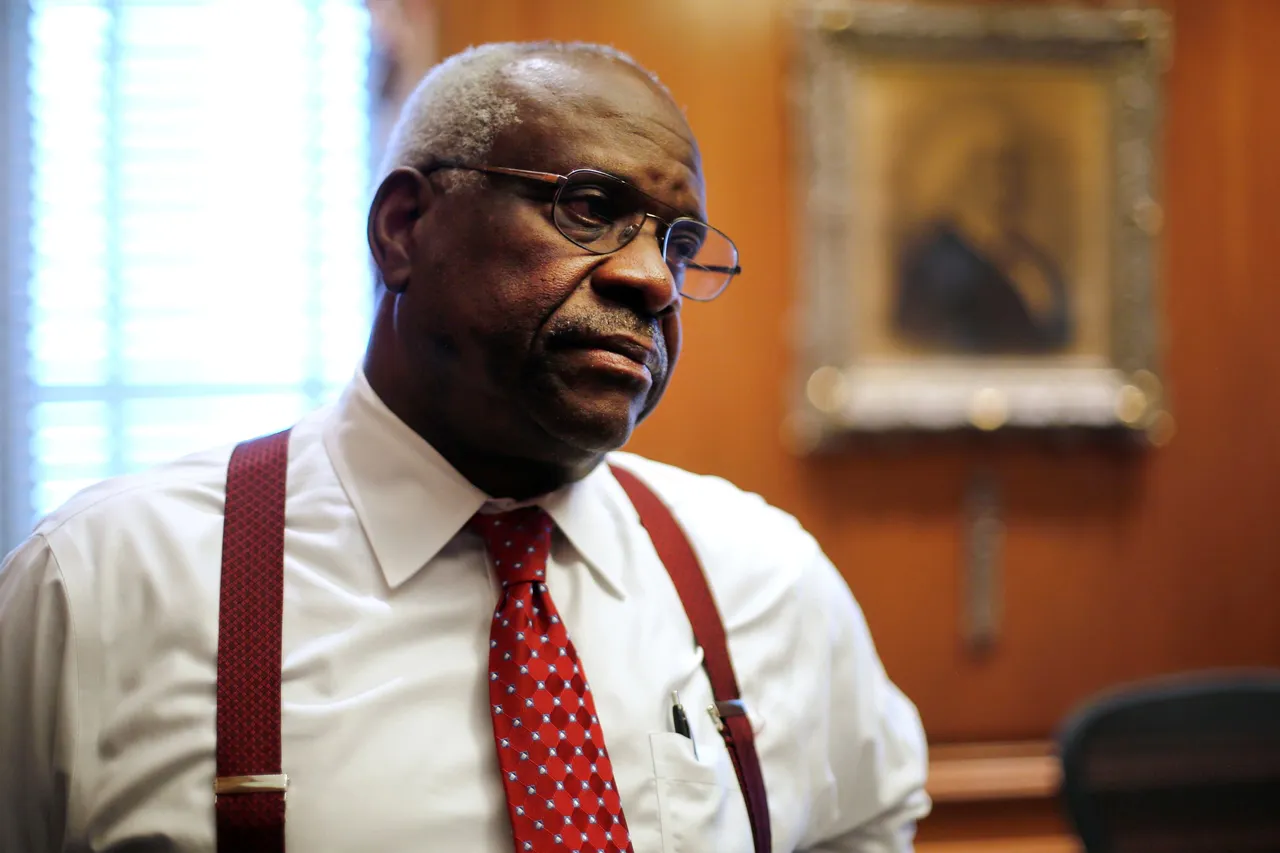
Although I have not been as keen an observer of the Supreme Court’s decisions as I wish I’d been, I have paid enough attention to notice what everyone else notices, that the Democratic presidents'-appointed liberal justices are often predictably at odds with the more conservative, Republican presidents'-appointed members of the Court. Congressional and White House Democrats cheer on Breyer, Kagan, Sotomayor, as they once cheered on the late Ruth Bader Ginsburg. Republicans root for Alito, Barrett, Gorsuch, Kavanaugh, Roberts (sometimes), and, yes, Clarence Thomas. Democrats seek to make trouble for Thomas, either because they genuinely believe he has a real conflict of interests, given his wife’s political beliefs and actions, or because they strongly disagree with his judicial philosophy and voting pattern, and, therefore, seek to force his recusal from key cases or, even better (from their point of view), force him off the Court altogether.
I think it’s somewhere between difficult and impossible for those of us who are politically-minded – liberals and conservatives – to separate our thinking about the process of Supreme Court decision-making from the rulings we wish the Court to make. If we want conservative rulings, then we want Clarence Thomas to vote on each case. If we want liberal rulings, then we want Thomas to recuse himself or step down. And if we think that the Supreme Court’s rulings are critical to the future of the United States, and if we care about that future, then it can be argued that the larger moral issue – larger than whether Clarence Thomas ought to recuse himself or not – is whether the votes on the Supreme Court will be there to rule as we believe it ought to rule.
So, there are at least two levels of morality at play here. With regards to Clarence Thomas, there is the level of legitimate concern as to whether his marriage clouds his judicial thinking and will cause him to vote based on personal bias. The second and possibly higher level of moral concern is whether his voting, reflecting his philosophical outlook, is in the best interest of the country. And if you conclude that it is not, then it makes sense – and it may be the true moral course of action – to raise whatever issues can undermine his reputation and possibly lead to such a public outcry that he will be forced to resign from the Court.